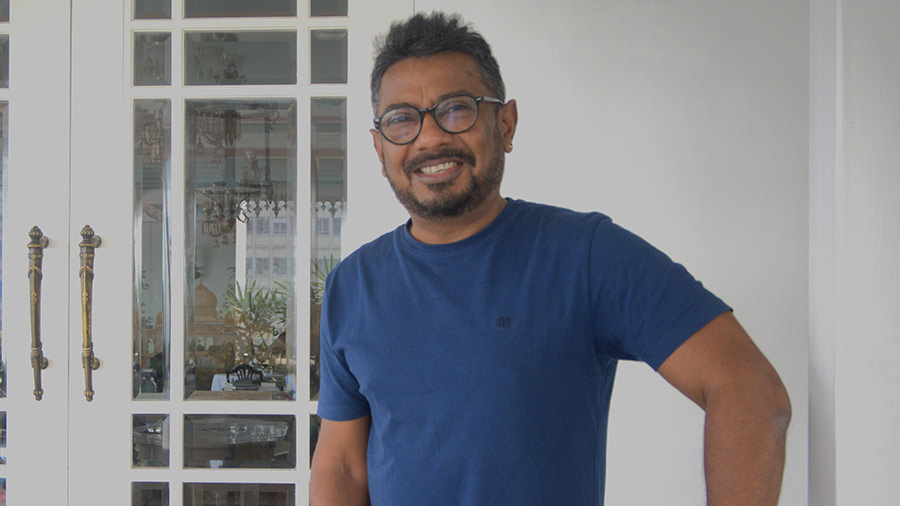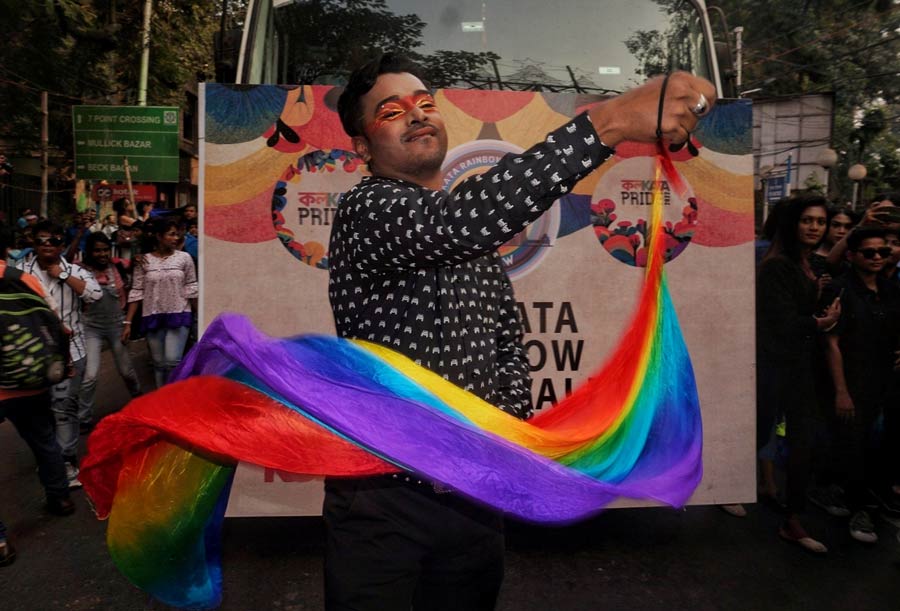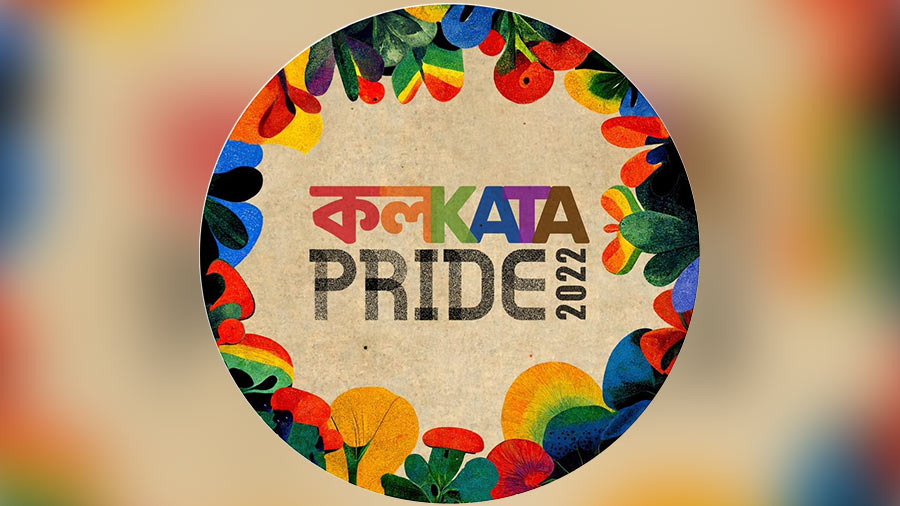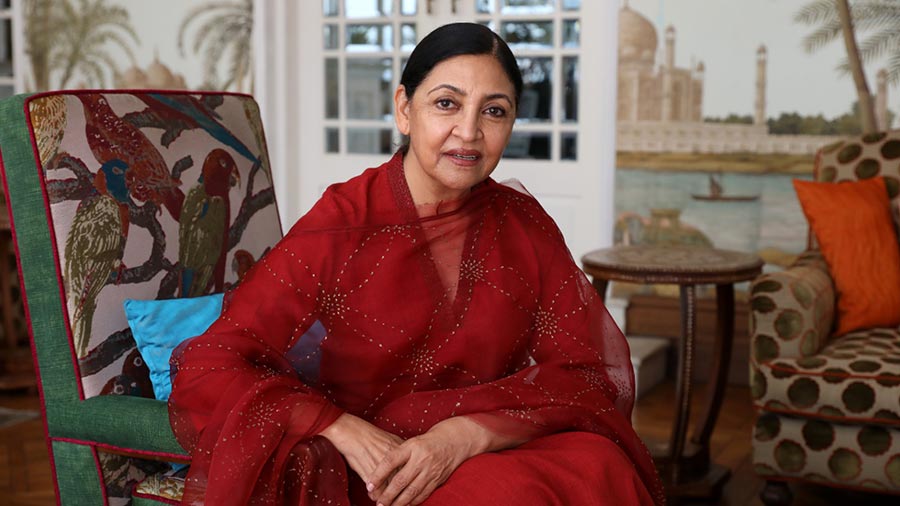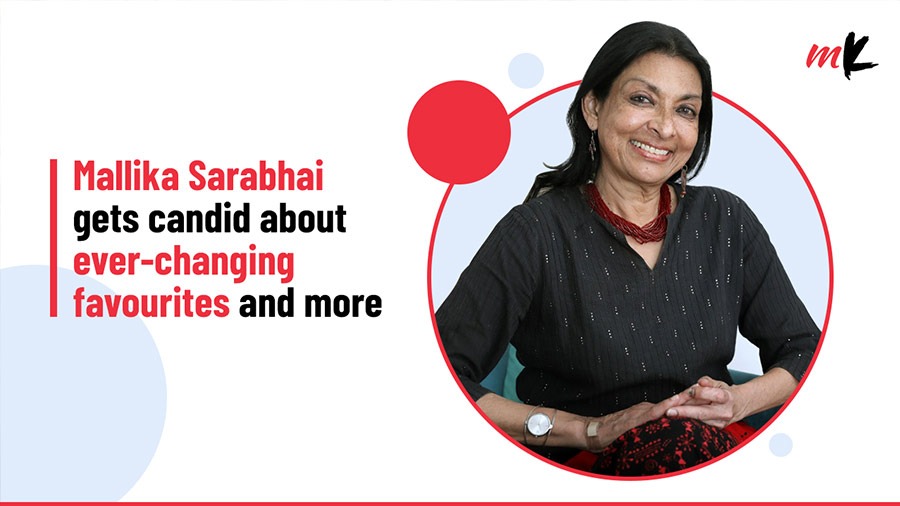His first film, My Brother Nikhil, took the audience by storm with its till-then taboo story of a gay protagonist. Filmmaker Onir recently turned writer to script his life story, along with sister Irene Dhar Malik, in I am Onir & I am Gay (Penguin Random House). Onir was recently in Kolkata to speak about his memoirs at the Apeejay Kolkata Literary Festival. My Kolkata caught up with him at the Glenburn Penthouse for a chat on his book, Kolkata and acceptance in the city.
Excerpts from the conversation…
My Kolkata: What made you pen down your journey in I am Onir & I am Gay?
Onir: I started writing the book during COVID. I connected with my agent because I wanted rights for a book that I wanted to make into a film. Ever since, he’s been trying to tell me “why don’t you write something?” and I’m like “don’t you think it’s too early for me to write a biography?”. He’s like “no it’s important because there is hardly anybody from your space who talks about himself the way you do and it will inspire a lot of youngsters who are trying to deal with their identities. Also people who are not from the community but allies can understand better.” When COVID hit, my sister (Irene Dhar Malik) also told me to go ahead and try because it would empower more people.
You know, these days a lot of people text me saying “we saw the book and we felt good”. A lot of people are still closeted, and when they see somebody who says “I am gay”, they feel okay. I feel that kind of motivated me to write about my life.
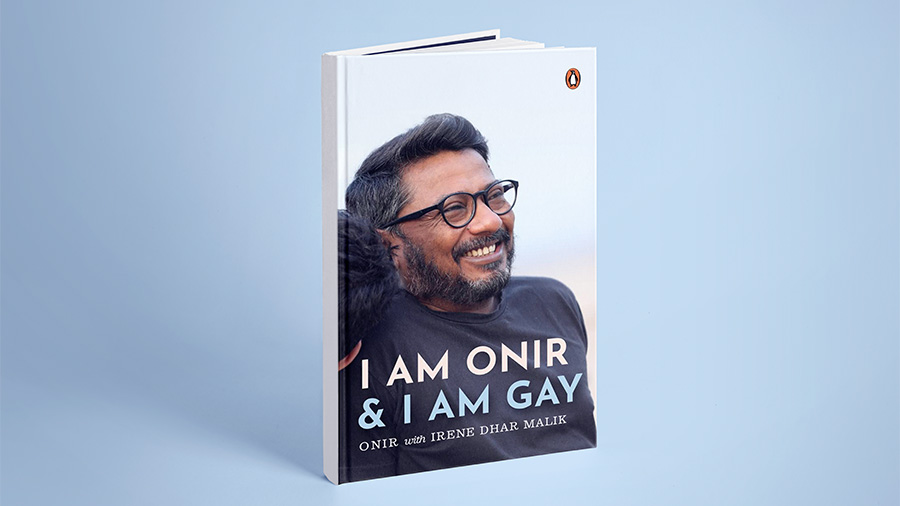
Is there a possibility we can see the book adapted on the big screen or OTT?
Actually, a couple of stories from the book are kind of adapted already in my next film called Pinecone. As a proper adaptation, I would not do it myself because there has to be a distance. But if someone finds it inspiring enough to do it… depends on the person.
You have a Bangal and Ghoti mixed lineage. While growing up, did you ever get caught in the Bangal-Ghoti crossfire?
Constantly. Whenever we came to Kolkata on our winter vacation, if there was a football match, then my father and my mamas would go Mohun Bagan and East Bengal. It comes to the whole thing of chingri maachh vs ilish maachh or the fact that my father used to love having shutki maachh (Bombay duck) and mother was like “eww gondho (eww smelly)”. So this was always there. Ma, being Ghoti, was always like “Amader Banglata shuddho (our Bengali is pure)” and much better and Baba was like “Tumi Bangla thik kore bolo na (you don’t speak Bengali properly)”. What is the real and good Bengali was always in question. It was fun to see that. We [the children] ended up being a mix of both. We like both golda chingri and shutki.
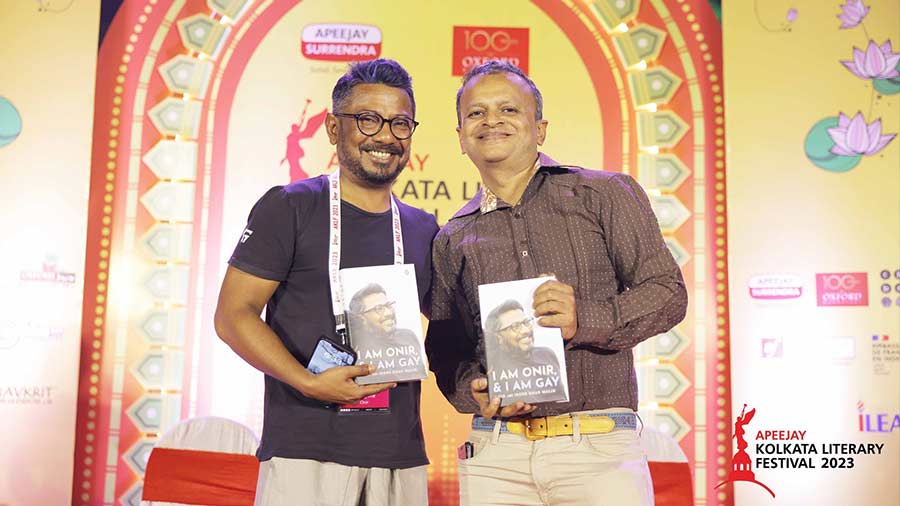
Onir and Sandip Roy at AKLF with the former’s book AKLF
How has the Calcutta of your childhood changed to the Kolkata of today?
I’m a person who loves architecture. What breaks my heart every time I come here is when I see old heritage buildings disappearing, being broken down and ugly modern buildings without any idea of architecture and design coming up. I feel that architecture is a kind of history, it breathes stories. When you go to College Street and see those old buildings, you want someone to take over and save them from falling apart. I remember I used to come jogging every morning to Golpark when I was in college and there was this huge palatial building which was in ruins. Today, it has disappeared. I miss those. Where we used to live, behind Jadavpur University, it was surrounded on three sides by the lake. During winter vacations, we used to go fishing and slowly they filled up these places. When my father was protesting against it, he was also threatened. Today, when I go there I feel claustrophobic “ki ekta barir opore arekta bari (one house on top of another)” and also illegally making it too high. That has changed in Kolkata.
Also, Bengali cinema when I was growing up was much richer. Now, many mainstream films, not all, are trying to be like Bollywood with dances and songs. But once we had mainstream films like Chowringhee. They were incredible. I miss seeing them. I feel Kolkata needs to revive itself to claim its spot as the cultural capital.
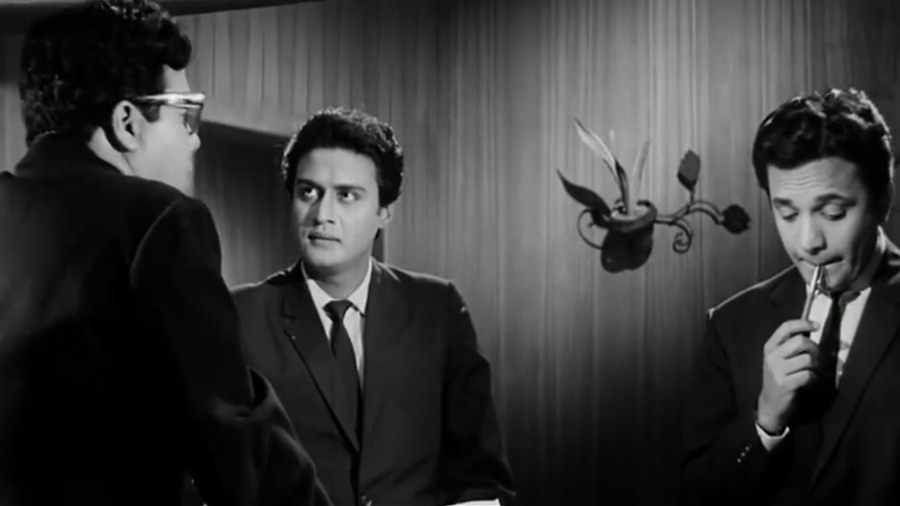
A scene from ‘Chowringhee’, a favourite of Onir’s
With the Pride Month being celebrated worldwide in June and November-December in Kolkata, would you say people’s perception is changing/has changed?
The first Gay Pride walk happened in Kolkata in 1999. So, we were always ahead of everyone. My mother repeats this cliché; she keeps saying, “what Bengal thinks today, the world thinks tomorrow”. But I feel that in Bengal also, acceptance has increased. Today I’m here at the literary festival and that is a reflection of the freedom the city allows. Yesterday, I was supposed to go to the Bhopal literary fest and the talk got cancelled because of protests. So, immediately Anjum [Katyal, director, Apeejay Kolkata Literary Festival] said “Onir come one day before and be with us.” This city is allowing and celebrating diversity and inclusion. It will take time. It won’t change overnight for the LGBTQ community. But when I saw photographs of the Kolkata Pride I was proud that this is my city.
Any message for Kolkata and its readers…
Kolkata has always been known for having the largest book fair. It’s a city that nurtures literature and art. I feel like we don’t need to change the focus. Let’s retain the fact that Kolkata is and should always remain a cultural capital of the subcontinent and not just for India. We had the best and so why should we try to copy from other industries? Kolkata, for me, is the rich heritage it has, be it food or anything. I hope we continue to celebrate diversity and we keep hate away.
